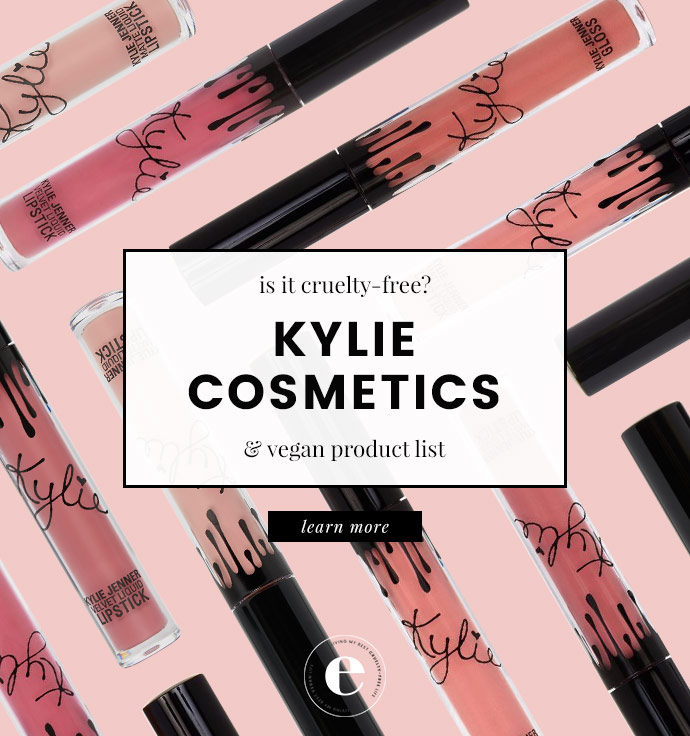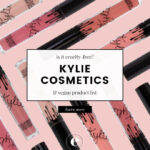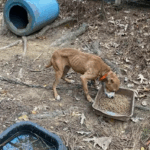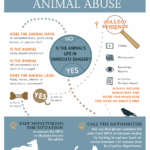Kylie Cosmetics has emerged as a prominent player in the beauty industry, appealing to a vast audience with its trendy products and celebrity endorsement. However, amidst this glamour lies a significant concern that many consumers grapple with: Is Kylie Cosmetics truly animal cruelty-free? The inquiry into the ethical standings of cosmetic brands has become increasingly pertinent as awareness surrounding animal rights and welfare grows. This exploration will delve into various aspects of the brand’s operations, policies, and the broader implications concerning animal testing in the beauty industry.
To begin, it is essential to define what being “cruelty-free” means within the cosmetic industry. Generally, a brand is considered cruelty-free if it does not test its products on animals at any stage—this includes both the ingredients and the final formulation. Nevertheless, this definition can sometimes be ambiguous, as certifications vary, and some companies may exploit loopholes to market themselves as cruelty-free without adhering to strict standards. Thus, understanding a company’s testing practices and policies is crucial when evaluating its commitment to animal welfare.
Kylie Cosmetics, founded by the media personality Kylie Jenner, touts its stance on being cruelty-free. The brand publicly asserts that it does not conduct animal testing and has reportedly pledged to adhere to cruelty-free practices. However, the complexities of global markets and regulatory requirements bring this assertion into question. Many brands maintain that they do not test on animals in regions where such practices are banned, yet may still sell products in countries where animal testing is mandated by law.
One significant aspect to consider is the brand’s distribution strategies. Kylie Cosmetics is available in various international markets, some of which, like China, require animal testing for foreign cosmetics. This presents a convoluted dilemma—though the brand may not conduct testing directly, its partnership with retailers in such regions could imply compliance with these testing mandates. Therefore, it raises a fundamental question: Does the responsibility for animal testing extend to brands that sell in markets with compulsory regulations?
Moreover, consumer activism plays a pivotal role in influencing corporate ethics. Many consumers are becoming increasingly discerning about their purchases, favoring brands that demonstrate transparency and social responsibility. This burgeoning awareness often prompts brands to modify their policies or adopt cruelty-free endorsements to retain market share. While Kylie Cosmetics publicly professes to care about animal welfare, the true implications of its practices must be thoroughly examined.
Furthermore, the ethical debate surrounding animal testing in cosmetics is multifaceted. Proponents of animal testing often argue that it is necessary for ensuring product safety and efficacy. However, critics vehemently contend that there are alternative testing methods available, such as in vitro techniques and computer modeling, which can provide reliable data without inflicting harm on animals. The ongoing discourse surrounding these methodologies continues to shape consumer perceptions and, consequently, corporate policies.
In addition, cruelty-free certifications can vary considerably across the spectrum of beauty products. Various organizations offer certifications that signify a commitment to cruelty-free practices, but not all certifications hold the same weight or rigor. For instance, a brand that carries a certified cruelty-free logo might not be entirely free from ethical dilemmas related to sourcing ingredients, production methods, or even environmental concerns. Thus, consumers seeking to align their purchases with ethical considerations must be astute and discerning in their choices.
On the topic of sustainability, the relationship between cruelty-free practices and environmental stewardship cannot be overlooked. Many brands, including Kylie Cosmetics, are increasingly aware of their ecological footprint. The production processes in the beauty industry often involve significant resource consumption and waste generation. It is essential for consumers to understand that cruelty-free does not automatically equate to sustainable practices. Therefore, evaluating a brand’s overall environmental impact is equally critical in making informed purchasing decisions.
Additionally, the issue of veganism intersects with the cruelty-free narrative. While a cruelty-free product implies no animal testing, a vegan product is free from animal-derived ingredients altogether. Kylie Cosmetics has released vegan formulations; however, the broad spectrum of its product offerings requires careful scrutiny to ensure consistency across all lines. Consumers who prioritize veganism along with cruelty-free practices must diligently investigate individual product specifications rather than solely relying on the brand’s overarching claims.
As you dissect the intricacies of Kylie Cosmetics’ commitment to animal welfare, it becomes clear that this issue is not black and white. The exploration necessitates a comprehensive understanding of terms, ethical implications, and sourcing practices. Transparency is critical, and brands like Kylie Cosmetics must engage in authentic dialogues with consumers, providing clear insights into their policies and practices. Furthermore, as the beauty industry evolves, pressure from informed consumers should catalyze a shift toward genuinely cruelty-free and sustainable practices.
In conclusion, while Kylie Cosmetics may tout its cruelty-free stance, the complexities surrounding animal testing, regulatory compliance, and ethical considerations make a definitive declaration challenging. As advocates for animal rights and welfare, consumers hold a powerful position in demanding accountability from cosmetic brands. By consistently questioning, researching, and contemplating the ramifications of our purchases, we can influence the trajectory of the beauty industry toward a more humane and ethical future. Engaging critically with brands and their practices is imperative in championing the cause of animal rights. Let the fervor for ethical consumption ignite a wave of change that fosters compassion and respect for all living beings.







